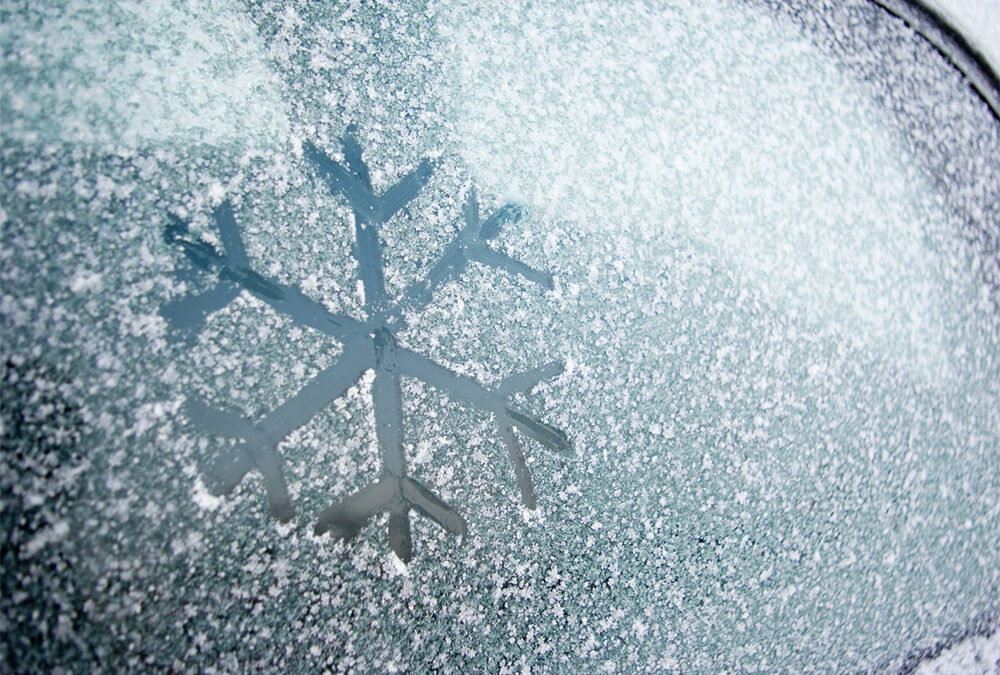By Meteorologist Joe Martucci
Swapping the previous year’s calendar in December for the new one in January is a social construct. January is still climatological winter. The shortest day of the year, the winter solstice, was already in December and the coldest days are still ahead of us.
In fact, in the weather world, a “water year” runs October to September. The snow year goes from July to June. Planet Earth doesn’t care about whether it’s Dec. 31 or Jan. 1.
However, we can still pick out a few weather, climate and solar phenomena to mark your 2025 calendar for the Jersey Shore. Meteorologist Kyle David, a fellow Rutgers University graduate, and I produced this list. The list is month by month and separated between the immediate shore, using the Sen. Frank S. Farley State Marina in Atlantic City, and for mainland areas, using Atlantic City International Airport in Egg Harbor Township.
Data is from the National Oceanic and Atmospheric Administration or https://www.timeanddate.com/. Mainland weather and climate data traces back to Aug. 1943. For the shore, that data stretches back to December 1873.
Happy New Year and enjoy tracking the atmosphere and science throughout 2025!
January
Shore – Jan. 24: The average coldest point of the year. Averaging out the high and low temperatures, we get to 35 degrees. This stretch runs from Jan. 16 to Feb. 1, but this is the halfway point.
Mainland – Jan. 7: The snowiest calendar day of the year occurs. This day in history has measurable snow 20 percent of the time.
February
Shore – Feb. 9: The coldest temperature on record occurred. Atlantic City shivered at negative 9 degrees back in 1934. It’s been 31 years (1994) since temperatures were below zero in the city.
Mainland – Feb. 12: The coldest temperature on record occurred. We shivered down to negative 11 degrees in 1979.
March
Shore – March 14: The first sunset at or after 7 p.m. occurs. This will last until Sept. 17.
Mainland – March 6: Our average last measurable snow occurs on this date.
April
Shore – April 2: Our average last freeze occurs. In 2024, our last spring freeze here was on March 24.
Mainland – April 19: Our average last freeze occurs.

In 1875, our longest streak of precipitation began on this day, lasting 13 days
May
Shore – May 12: The first time the high temperature reaches 80 degrees, on average.
Mainland – May 11: Sunsets within the 8 p.m. hour begin. This will last until Aug. 9.
June
Shore – June 20: The sunset is at 8:29 p.m. That’s the latest of the year. This extends until the Fourth of July, different by a few seconds each day.
Mainland – June 3: This is the day most likely to be wet. Forty six percent of years, there has been measurable rain on this date. Move your picnics to another date.
July
Shore – July 4: This is a two-for-one special. Independence Day began our longest heat wave in 1999. Seven days of 90-degree or greater heat occurred (this also happened from July 13 to 19, 1983). With the heat you probably want to cool off in the ocean.
You’re in luck because the Steel Pier’s ocean temperature rises to 70 degrees, for the first time on this day on average.
Mainland – July 20: This is the hottest point of the year. Really, this stretches from July 6 to Aug. 2, but this is the midway point. The average temperature, when you combine the high and low, is 77 degrees.
August
Shore – Aug. 1: The muggiest day of the year. Here, 68 percent of years had a dew point at or over 65 degrees on this date. Most people consider 65 degrees to be fairly humid. However, there are other ways to show the muggiest time of the year, too.
Mainland – Aug. 1: Also, the muggiest day of the year. Here, 64% of years on this date had a dew point at or over 65 degrees.
September
Shore – Sept. 5: The driest day of the year, on average. Eighty six percent of years on this date have been rain-free. It’s a great day to enjoy Locals’ Summer on the beach.
Mainland – Sept. 4: This day is most likely to be rain-free. Eighty six percent of years, this date was dry. You can head to the beach, or enjoy the day with a picnic or shopping around Smithville.
October
Shore – Oct. 6: It’s our last sunset at or after 6 p.m. until we spring forward the following March.
Mainland – Oct. 23: Our average first autumn freeze of the year. For reference, our first autumn freeze in 2024 was Oct. 28.
November
Shore – Nov. 12: Our average first freeze of the fall occurs on this date. That’s about three weeks later than the mainland. In 2024, this occurred on Nov. 20 in Atlantic City.
Mainland – Nov. 1: We have another two-for-one special. This is the date of the latest sunrise of the year (7:26 a.m.) as well as the last sunset at or after 5 p.m. In 2025, we turn our clocks back an hour on Nov. 2. However, national news has been made about the possibility of eliminating our changing of the clocks. So, this may be old by then. We will see.
December
Shore – Dec. 22: Our longest streak of precipitation began on this day way back in 1875. This continued for 13 days, ending on Jan. 3, 1876. It was dry the next day. However, the following two days after that had precipitation, too. Snowfall records were available back then. However, with low temperatures above freezing most of the days, and high temperatures above that each day, this was mostly all rain.
Mainland – Dec. 20: Our average first measurable snow of the year happens on this date. At the airport, 8.8 days per season have snow, typically.
Joe earned his Meteorology Degree from Rutgers University. He is approved by the American Meteorological Society as a Certified Broadcast Meteorologist and Certified Digital Meteorologist, the only one in the state with both. He’s won 10 New Jersey Press Association Awards. You can find him on social media @joemartwx


















